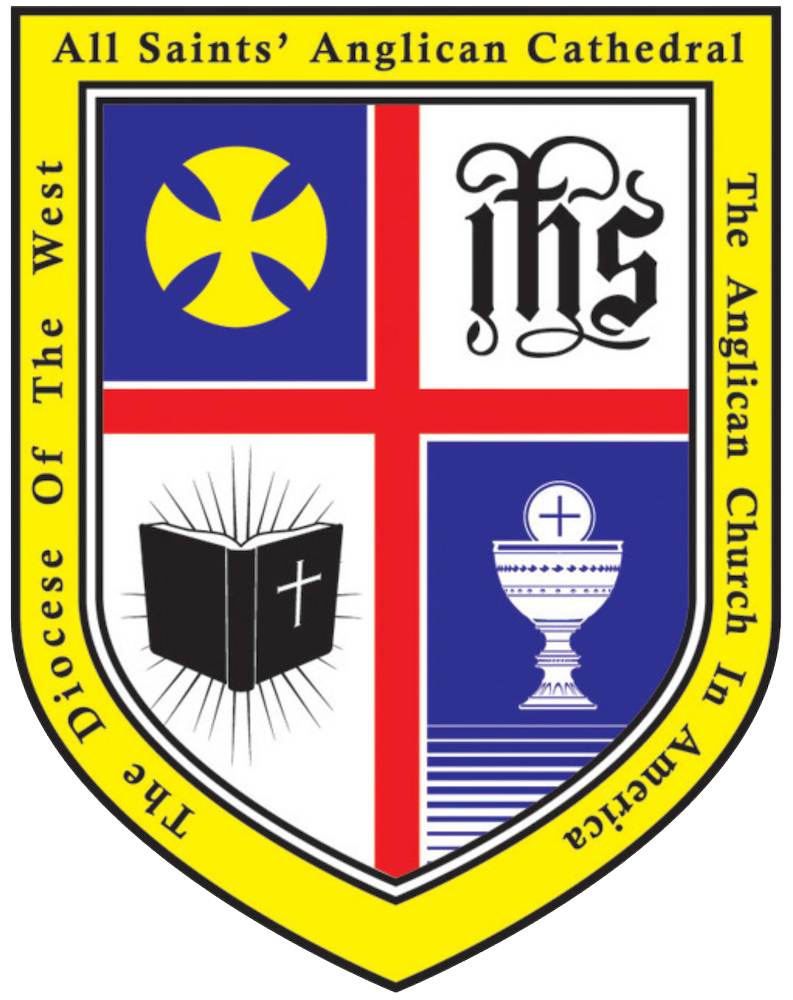Second Sunday after Easter AD 2025
Dostoevsky’s novel “Crime and Punishment” contains an extremely painful reflection that sharply reveals the duplicity of the prevailing mindset in human society: “The real Master to whom all is permitted storms Toulon, makes a massacre in Paris, forgets an army in Egypt, wastes half a million men in the Moscow expedition and gets off with a jest at Vilna. And altars are set up to him after his death, and so all is permitted.”
Dostoevsky is talking about Napoleon here, but we can put a whole bunch of “great men” of history alongside him, whose greatest achievement has been the destruction of thousands, at best, and tens of millions of human lives at worst. And for what? For the sake of their infamous names being remembered hundreds and thousands of years later, regardless of the fact that not a single handful of dust remains of them.
The novel’s protagonist tries to justify his own crime by reasoning that Napoleon, despite all his crimes, is not condemned but respected. In doing so, he elevates the principle that motivates and seemingly justifies killing above the life of the human being he had killed.
Christ teaches us exactly the opposite through His very example: “When He was reviled, He reviled not again; when He suffered, He threatened not; but committed Himself to Him that judges righteously: who His own self bare our sins in His own body on the tree, that we, being dead to sins, should live unto righteousness.”
The crimes of other people do not justify our bad actions. On the contrary: especially when we are faced with evil, the only right thing to do is to confront it with love and goodness. If necessary, even to the point of sacrificing ourselves, as Christ laid down His life for us, that we may have life, and have it abundantly.
